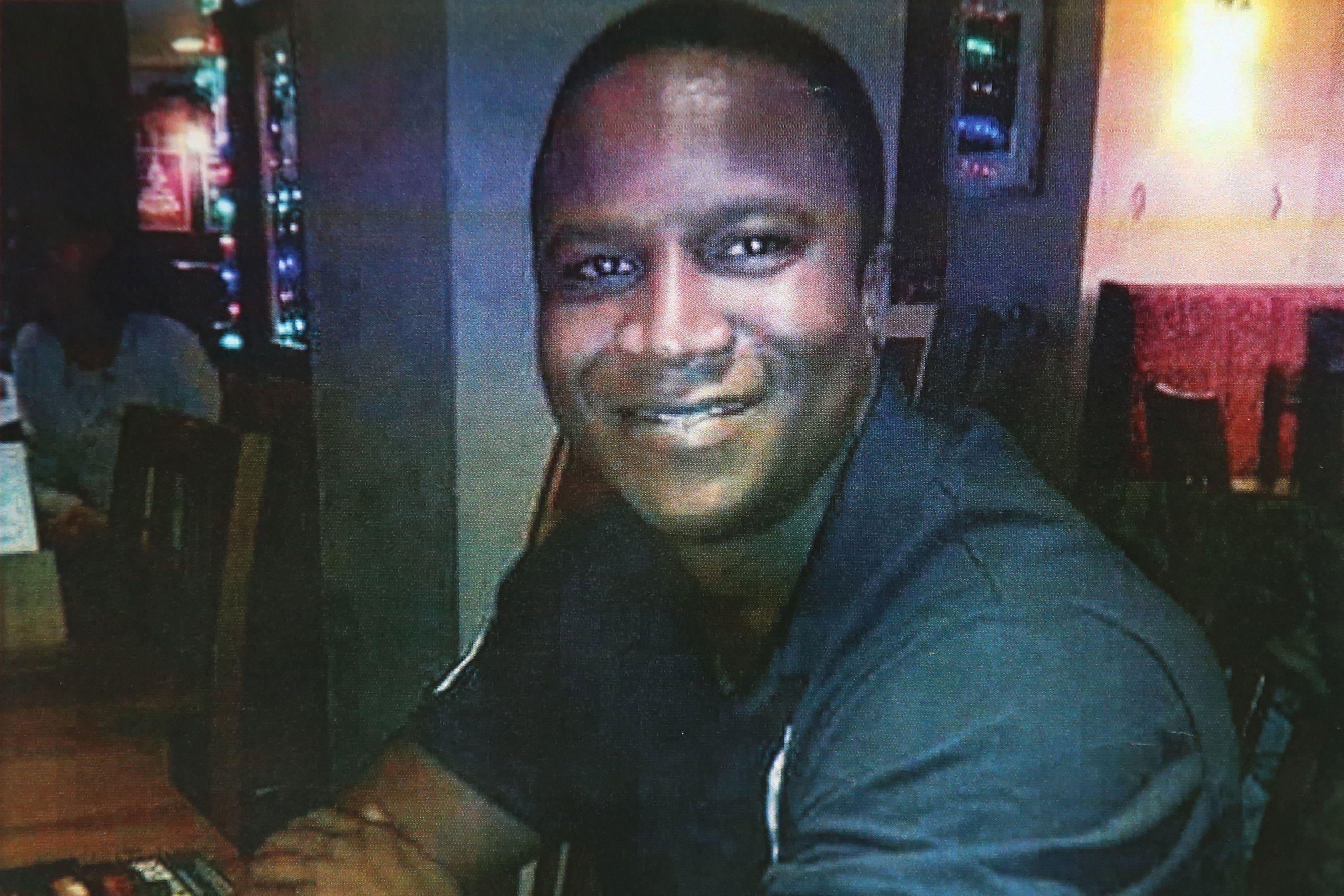Bayoh inquiry: Concerns raised over sharing of post-mortem details with police
Sheku Bayoh died after being restrained by police officers in Kirkcaldy, Fife, in May 2015.

The former head of a police watchdog has told an inquiry of her concerns that details of a post-mortem examination of Sheku Bayoh were given to police officers before they provided statements on their involvement with him prior to his death.
Kate Frame, Police Investigations and Review Commissioner (Pirc) in 2015, told the Sheku Bayoh inquiry this risked the group of officers choosing to “adapt” their statements to match the examination findings.
Mr Bayoh, 31, a father-of-two, died after he was restrained on the ground by six police officers in Kirkcaldy, Fife, on May 3 2015.
The inquiry is examining the circumstances leading to his death, how police dealt with the aftermath, the investigation into his death, and whether or not race was a factor.
The inquiry heard the only cause of death that the first post-mortem examination firmly ruled out was from the effects of blunt force trauma to the head.
Asked by Angela Grahame KC, the inquiry’s senior counsel, if she would be concerned to learn police officers were in the room at the time the first examination was carried out, Ms Frame replied she was.
“I would have thought it was inappropriate for the police officers to be present as members of Fife Division were involved in the incident,” she said.
Asked if she would have expected Pirc investigators to raise concerns about this at the time, Ms Frame replied: “I think they could have raised concerns but my understanding is a post-mortem is convened at the hand of the Crown and anyone present is there under their direction.”
The inquiry previously heard officers involved with Mr Bayoh before his death were given the results of his post-mortem examination despite refusing to give statements or complete notebooks beforehand.
The officers were advised by their legal representative to make no comment until results had been known, the inquiry heard.
The officers could have tailored their statements. They could have adapted them in light of the information they had been provided
Asked about the decision to share the preliminary findings, Ms Frame replied: “I think the senior investigator found himself in a very difficult position.
“But from my perspective, it would have been preferable for that not to have been shared.
“That formed part of the Pirc investigation and was not information for Police Scotland.
“I would have taken the view that Police Scotland should not have been party to that, at that time.”
Askes what concerned her about the decision to share the information, Ms Frame replied: “Potentially, that the officers could have tailored their statements.
“They could have adapted them in light of the information they had been provided.”
The inquiry in Edinburgh, before Lord Bracadale, continues.
Bookmark popover
Removed from bookmarks